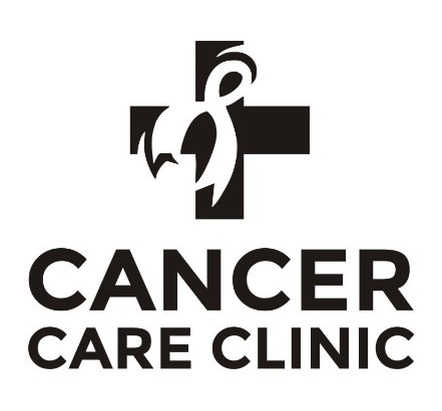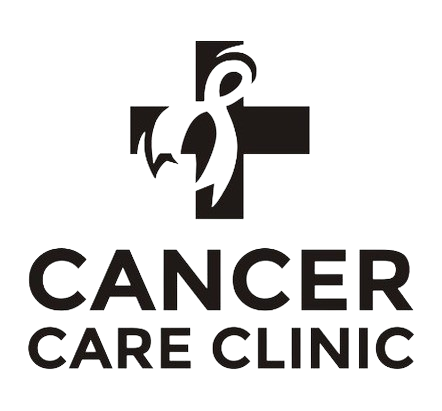A condition in which cancer cells develop in the tissues of the pancreas, a small gland located behind the stomach. It produces digestive juices and hormones that regulate blood sugar levels
Symptoms of Pancreatic Cancer
- Jaundice
- Upper or Middle Abdominal Pain
- Unexplained Weight Loss
- Blood Clots in The Body
- Itchy Skin
- Loss of Appetite
- Fatigue
- Depression
- New or Worsening Diabetes
Risk Factors of Pancreatic Cancer
- Smoking Tobacco
- Age >60 Years
- Family History
- Excessive Alcohol Consumption
- Chronic Inflammation of The Pancreas
- Obesity
- Diabetes (Newly Diagnosed)
Diagnosis of Pancreatic Cancer
Your doctor will ask about your health history and perform a physical examination along with several tests to determine the cause of the condition, including:
- Blood tests (to check your general health and functioning of kidneys and liver)
- Laparoscopy (a surgical procedure to look at organs)
- CT scan
- MRI
- PET Scan
- Biopsy (removal of tissue to view it under a microscope)
Treatment for Pancreatic Cancer
Different treatments for pancreatic cancer include surgery, radiation therapy, and chemotherapy. Treatment plans consider cancer stage, overall health, and preferences, focusing on removing tumors or easing symptoms.
Surgical procedures for pancreatic cancer are primarily aimed at tumor removal and symptom relief, depending on the cancer’s location and stage:
1. Whipple Procedure
Removes the pancreas’ head, part of the small intestine, gallbladder, and bile duct.
Often used for tumors in the pancreas’ head.
2. Total Pancreatectomy
Removes the entire pancreas, part of the stomach, small intestine, gallbladder, spleen, and nearby lymph nodes.
Necessary when cancer has spread throughout the pancreas.
3. Distal Pancreatectomy
Targets the body and tail of the pancreas, often including the spleen.
Suitable for tumors in these locations.
Palliative Surgeries
Biliary and Gastric Bypass: Create new pathways for bile and food, bypassing blockages caused by tumors.
Endoscopic Stent Placement: Inserts a stent to open blocked bile ducts.
These procedures vary in complexity and recovery needs, tailored to individual patient conditions and the extent of the disease.
Prevention of Pancreatic Cancer
- Quit smoking and Alcohol
- Maintain Healthy Weight
- Control Your Blood Sugar Levels
- Use Safety Equipment (In case of toxin exposure at work)
Smokers are two to three times more likely to develop pancreatic cancer.



